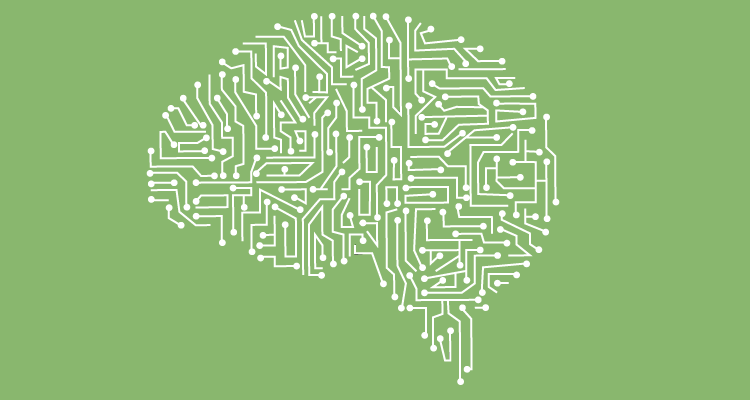AI advances can’t solve every problem. Yet, it is undoubtedly the next step in upping the efficiency of the medical world. AI tools are expected to save the global healthcare sector over $50 billion annually by next year.
COVID-19 may be a serious health crisis all on its own. But, the pandemic has created negative ripple effects throughout the healthcare industry.
One of the biggest is the growth in backlogs. Many U.S. states banned elective surgeries and other procedures from March through May or beyond.
Banning elective surgeries has left millions of patients without care and doctors with months of work to catch up on. One study predicted one million cases of outstanding joint replacements alone.
However, doctors are increasingly turning to future-forward solutions to these problems, such as artificial intelligence or machine learning. Here are some of the ways that AI advances are helping medical professionals through the challenges of COVID-19 and beyond:
Table of Contents
Toggle1. Fewer False Positives
It’s a doctor’s job to always err on the side of caution. The last thing they want to do is fail to pick up on a sign that something is wrong. This attitude is necessary for practicing medicine safely. However, it can also lead to big productivity slumps as medical practitioners perform numerous tests to rule out as much as possible.
Recent AI advances are helping identify cases sooner and more accurately. This reduces the need for endless testing while putting patient safety first. Take CureMetrix’s cmAssist, for example. It acts like a second pair of eyes for the radiologist, pre-marking a mammogram and reducing false markings up to 69% over computer-aided design tools.
In doing so, it boosts detection by an average of 27%. Other CureMetrix tools can help radiologists prioritize the riskiest reports.
2. Case Prioritization
Prioritization is key in oncology because some cancers are more aggressive than others. Doctors can’t simply go chronologically or by alphabetical order. Understandably, every patient would prefer that their case be addressed first. Therefore, radiologists use technology to make objective calls.
Determining where to start may be difficult for humans. But, the high data processing capabilities of AI programs make them particularly well-suited for the task. A group of computer scientists at the University of Copenhagen recognized this and created an AI-assisted program.
The program uses the information of Danish COVID-19 patients to help doctors prioritize their own patients based on a group of key vital signs. This type of program will become increasingly useful as COVID-19 subsides and the focus shifts to treating other ailments.
3. Protein Identification
AI’s capabilities don’t just stop at patient sorting and testing, though — it’s actively helping develop treatments as well. The Allen Institute of AI recently developed an AI-organized database of over 130,000 scholarly articles on subjects related to the novel coronavirus, making it easier for researchers to find information relevant to the hunt for a vaccine.
This isn’t all just in the ivory tower, either: last year, Australian researchers debuted the world’s first AI-developed vaccine. The program, known as SAM, sorts through potential vaccine components at a rate human researchers simply aren’t capable of, allowing scientists to develop successful vaccines at unprecedented speeds.
As more and more diseases are being tackled with AI-based solutions, doctors can expect their arsenals for treating them to grow significantly.
4. Doctor Choice
It’s not only doctors who are reaping the benefits of the AI boom; patients are seeing big changes in the way the access medical care. More often than not, the biggest hurdle to getting the medical attention you need is finding the right doctor to help.
Sorting through all of the doctors out there is no simple task, but AI platforms are starting to appear that can help ease the burden.
MediFind, a brand new tool designed to connect patients with the right medical providers, is built on a database of nearly 2.5 million doctors — all of which are sorted by MediFind’s AI program to suit the needs of each patient who uses it.
Different doctors have different specialties, availabilities, and testing capabilities; without a tool to analyze all of them, most patients will never actually end up with the doctor best-suited to treat them. MediFind may be the first platform of its kind, but it certainly won’t be the last.
The whole world may be working together to try and move past the COVID-19 crisis, but we’re still going to need all of the help we can get.
Artificial intelligence is making waves across the medical world — doctors and patients alike need to be prepared to take advantage of these new machine learning-powered platforms if they want to help get through this difficult time.
















